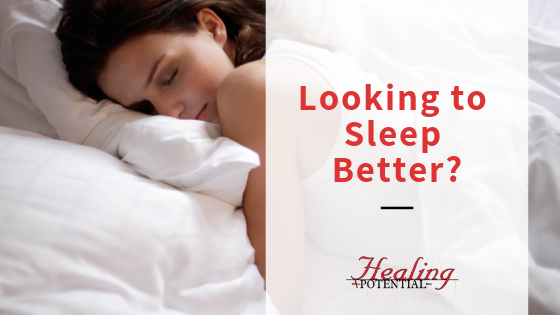
Shorter Days Affecting Your Sleep Patterns?
Daylight savings time has come and gone once again and that means the days are getting shorter as night approaches earlier and earlier. When you take the traditional shifting of the sunrise and sunset, then throw in the time change with Daylight Savings, you’ve got the potential for some really off-kilter sleep patterns.
But what, exactly, should you expect?
Here’s a look at how the shorter days can affect your sleep patterns and what this may mean for your overall health and well-being:
Circadian Rhythms
It’s likely, if you’ve studied anything about sleep, that you’ve run across the term “circadian rhythms.” This is basically the internal clock that runs in the subconscious of your mind and lets you know when it’s time to go to sleep and when it’s time to wake up.
These rhythms are controlled by the hypothalamus and its responses to light and dark. So, we are naturally “programmed” to get sleepy when the sun goes down and to be awake when there is light outside. When the setting of the sun moves and it begins getting dark around 4:00-6:00 pm as opposed to 8:00-9:00 pm, then your circadian rhythms may feel “off.”
Your body wants you to go to sleep around 6 pm while your conscious brain is telling you to stay up for about three to five more hours (depending on your normal bedtime). This, unfortunately, can lead you to feel groggy and disoriented as your body tries to make this sudden adjustment.
Sluggishness
One of the main problems during this time adjustment is the feeling of sluggishness. Your body wants you to go to sleep. Besides the hypothalamus and its reaction to light and dark, your body also produces melatonin, a hormone that helps make you sleepy.
Melatonin is produced when the body is not exposed to light, so you may start to feel that you are fighting off sleep as soon as the sun goes down. If this happens to you, there are a few things that you should consider:
- Adjust your sleep time slightly. If at all possible, try to go to bed about one hour earlier, and wake up about one hour earlier as well. This will help your body get into the natural rhythms of the day/night cycle and help you to sleep better.
- Use natural sleep aids. If your sleep cycle is so thrown off that you feel your body (and mind) is in flux, consider using natural sleep aids to help you go to sleep at your regular time. Melatonin can be taken every night to help you with your sleep. Once you get your body regulated to this new cycle, it should settle down and stop making you feel so tired.
- Watch out for other symptoms. In some people, lack of exposure to light can result in feelings of depression. If this happens to you, you should consult a doctor immediately to make sure they do not become worse.
- Avoid caffeine and other stimulants. Once the time change occurs, many people turn to coffee or energy drinks to help them stay awake until their “normal” bedtime. However, this can be counterproductive as the stimulants stay in your system and may keep you up most of the night, or disrupt your overnight sleep pattern. That will cause you to really feel sluggish the next day.
Overall, it is important to help get your sleep cycle regulated so that you do not feel tired, depressed, or overly emotional when the sun cycle changes. Once you get yourself on a sleep cycle, then you can wake each morning feeling fresh and rejuvenated.
If nothing seems to help, reach out to Healing Potential so we can take a look at other factors that may be affecting your sleep. We want to help you reach your Healing Potential.

